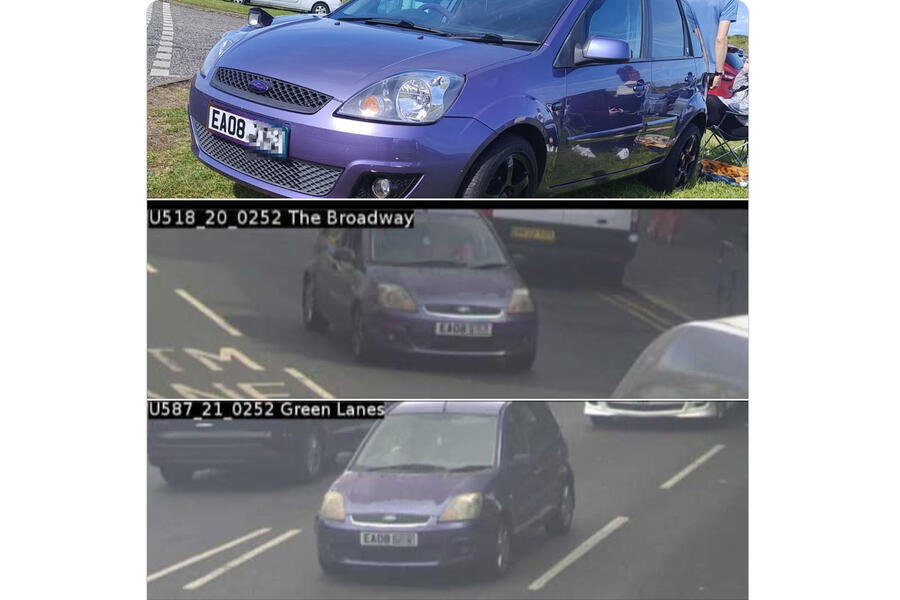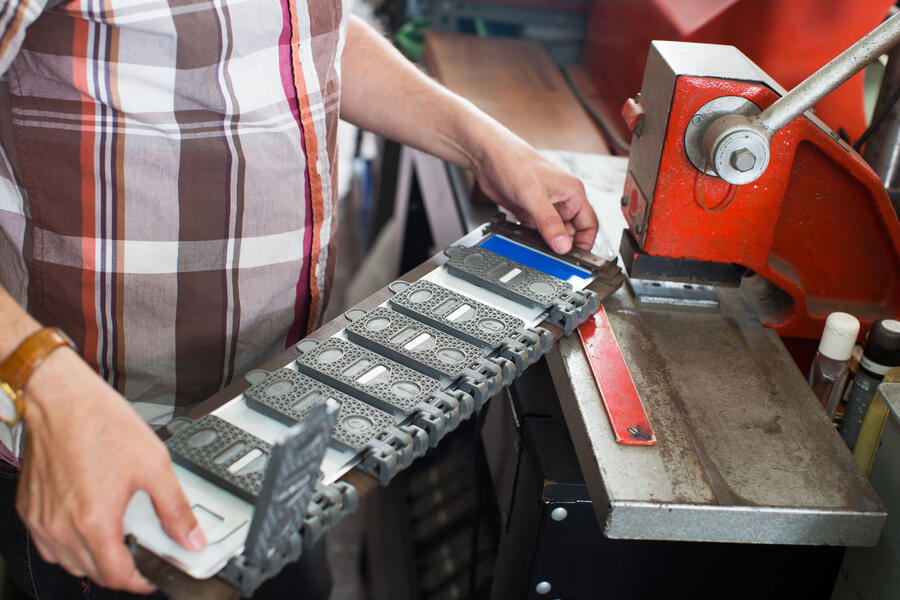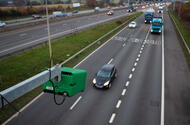There have been 80 million ANPR camera readings every day in the UK in 2024 – three times 2018 levels
Transport for London last year issued 36,794 fines to cars with cloned numberplates
Numberplate cloning in the UK has risen sharply as criminals look to avoid paying fees and tolls operated by a growing number of automatic numberplate recognition (ANPR) zones.
Police are warning that the issue is an “ongoing battle” as more systems pop up across the country to enforce compliance in bus lanes, congestion charge and low-emission zones.
The issue is most prevalent in London, where last year 36,794 fines were issued by Transport for London to cars bearing cloned numberplates, up from 22,450 in 2022.
Despite this sizeable number, just 464 cloned vehicles were caught by the Metropolitan Police in the 12 months to June.
Lucrietia Calderwood is one motorist who has been a victim of cloning. She and her partner recently began receiving penalty charge notices (PCN) for driving their Ford Fiesta in Birmingham’s and London’s LEZs – despite them having been at home in Scotland.
“We took a closer look at the PCN images and realised that our Fiesta looked different from the one in the pictures,” she told Autocar. “Someone had cloned its numberplate.”

They have since received 10 fines totalling £900, but despite the police giving them a crime reference number, the authorities in London and Birmingham have only put the fines on hold while the couple gather evidence to prove that their Fiesta is not the one in the ANPR pictures.
“It ’s the type of thing you hear about but never expect to happen to you,” said Calderwood. “It feels like you’re chasing your tail, trying to get the PCNs overturned. My partner has SORN’d our Fiesta while we wait for it to be resolved, but we are still receiving fines.”
In a bid to crack down on serious organised crime, including cloning, West Midlands Police has launched Operation Target.
“It has been boosted by Birmingham’s [Clean AirZone], although the growing number of car thieves switching numberplates to avoid detection is another reason [for the rise in cloning],” said crime manager Mark Silvester.
“We’ve identified and closed down a few illegal producers of numberplates, but it’s an ongoing battle.”
Meanwhile, some ANPR systems themselves are being criticised. Recently some drivers were wrongly issued fines for not paying the £2.50 toll to use the Dartford Crossing over the Thames, due to misread numberplates on lowquality images.
National Highways, which is responsible for the crossing, said that manual image checks were required to confirm that details were accurate in some cases and that fines were cancelled if errors occurred.
How they do it and how to stop them

Numberplate suppliers in the UK legally must see proof of the customer’s identity and entitlement to the vehicle before producing plates.
Foreign suppliers don’t have to obey these rules, and illegal UK suppliers certainly don’t do so.
They can be found advertising on popular shopping websites.
Selling the machinery required for making plates isn’t illegal.
Autocar found one company separately selling blank plates and self-adhesive letters and numbers. So called ‘show plates’ are another way of getting around the law.
Some cloners steal plates from cars (tamperproof screws can defeat them), but they are likelier to find a car similar to their own on a car sales website and copy its registration.
If you’re a victim, get a crime reference number and tell the PCN’s issuer. Gather as much evidence as you can – but don’t expect a quick resolution.
Source: Autocar RSS Feed

